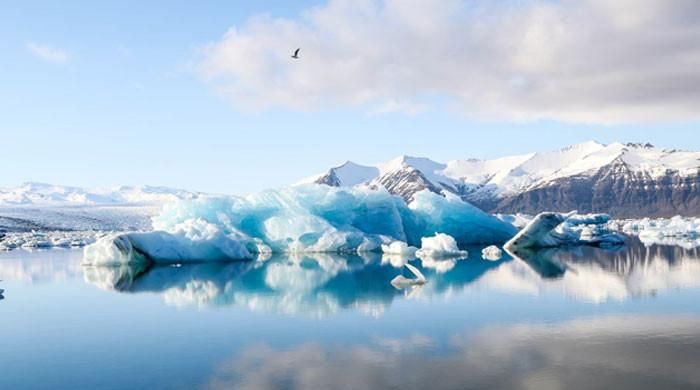A new study has shown that the effects of human-induced climate change are so significant that they are actually affecting the weather itself on Earth.
Earlier this week, a study published in the Proceedings of the National Academy of Sciences revealed that the Earth's rotation rate is greatly affected by the significant melting of polar ice caused by global warming, resulting in longer days. ABC7 reported.
In the past, the impact of climate change on the weather “has not been so dramatic,” said Benedikt Soja, an author on the study and an adjunct professor of space geodesy at Switzerland's ETH Zurich.
But, according to Soja, that could be changing.
If the world continues to emit planet-warming pollution, “climate change could become the new dominant factor,” overtaking the Moon's role in slowing the Earth's rotation.
Although the changes occur in milliseconds per day, they have a major impact on the computer systems people rely on, including GPS in today's hyper-connected, high-tech world.
“This is a testament to the severity of current climate change,” said Surendra Adhikari, a geophysicist at the National Aeronautics and Space Administration's Jet Propulsion Laboratory and an author of the report.
Rising sea levels caused by climate change caused the length of a day to vary by 0.3 to 1 millisecond in the 20th century.
However, over the past two decades, scientists have calculated an increase in day length of 1.33 milliseconds per century, “significantly higher than at any time in the 20th century,” the report said.
If planet-warming pollution continues to rise, warming oceans and accelerating ice loss in Greenland and Antarctica, the rate of change will skyrocket, the report said.
If the world fails to control emissions, climate change could increase the length of day by 2.62 milliseconds by the end of the century.
“In just 200 years, we will have altered the Earth's climate system so much that we are seeing its impact on the very way the Earth spins,” Adhikari said. CNN.












